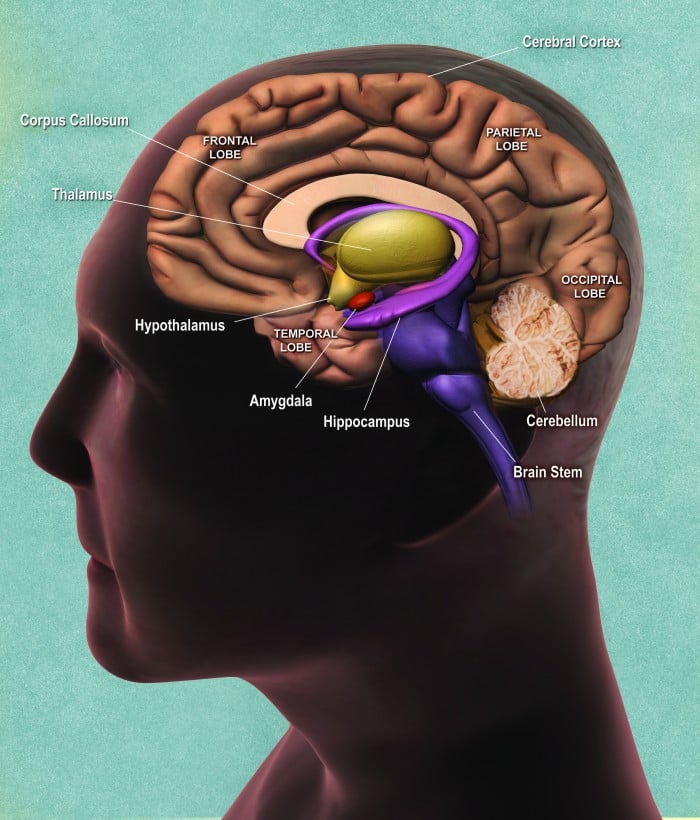Younger, Stronger, Better: The Neurological Benefits of Language Learning
The first month of the New Year is the one where we all make (and hopefully keep) our New Year’s Resolutions. A lot of these tend to involve health. We promise to eat better, exercise more often, and get enough sleep at night, and while these are all admirable goals, what about going the extra mile for your brain? The neurological benefits of learning a foreign language have long been touted as immense, but don’t take our word for it, read on to find out. Maybe you’ll be inspired to pick up a new tongue!

Image via PhotoPin
A bilingual brain is a youthful brain
Imagine if you could turn back the clock by learning to speak French, or Mandarin, or Hindi. Well, although scientists haven’t quite figured out how to reverse the ageing process, they have determined that learning a new language actually slows down how quickly your brain ages. People who are bilingual, or multilingual, show better cognitive abilities in old age than those who don’t. The best part is that it doesn’t matter at what point in your life you learn to speak the language. The benefits are just as good if you do it in childhood as if you do it as an adult!

Image via PhotoPin
Language is a powerful drug
Not only can language make your brain stay younger for longer, it can help delay, or treat diseases. Studies show that speaking more than one language can actually delay the onset of dementia by years. Furthermore, stimulating the brain through language learning has shown to be helpful for those dealing with anxiety or depression. It serves to lessen the feeling of isolation these individuals feel while at the same time offering them outstanding healthful benefits for the brain!

Image via PhotoPin
Want to check out your foreign language level before traveling abroad? Check out our free language placement tests here!
After the fact
Knowing how to speak more than one language can also be immensely beneficial when trying to recover from something debilitating like a stroke. When you put your brain to work learning new words and grammar, you are building up your cognitive reserve. This reserve prepares your brain to deal with certain challenges like disease or stroke. For this reason, scientists have discovered that multilinguals are twice as likely to regain normal cognitive function following a stroke than those who only speak one language. All those hours going over Russian flashcards will actually pay off in a big way!
Although the health benefits are evident, you should choose to learn a new language because you want to communicate with people, discover a new culture, or because you enjoy it – look at the brainy benefits as a great bonus to all that!
